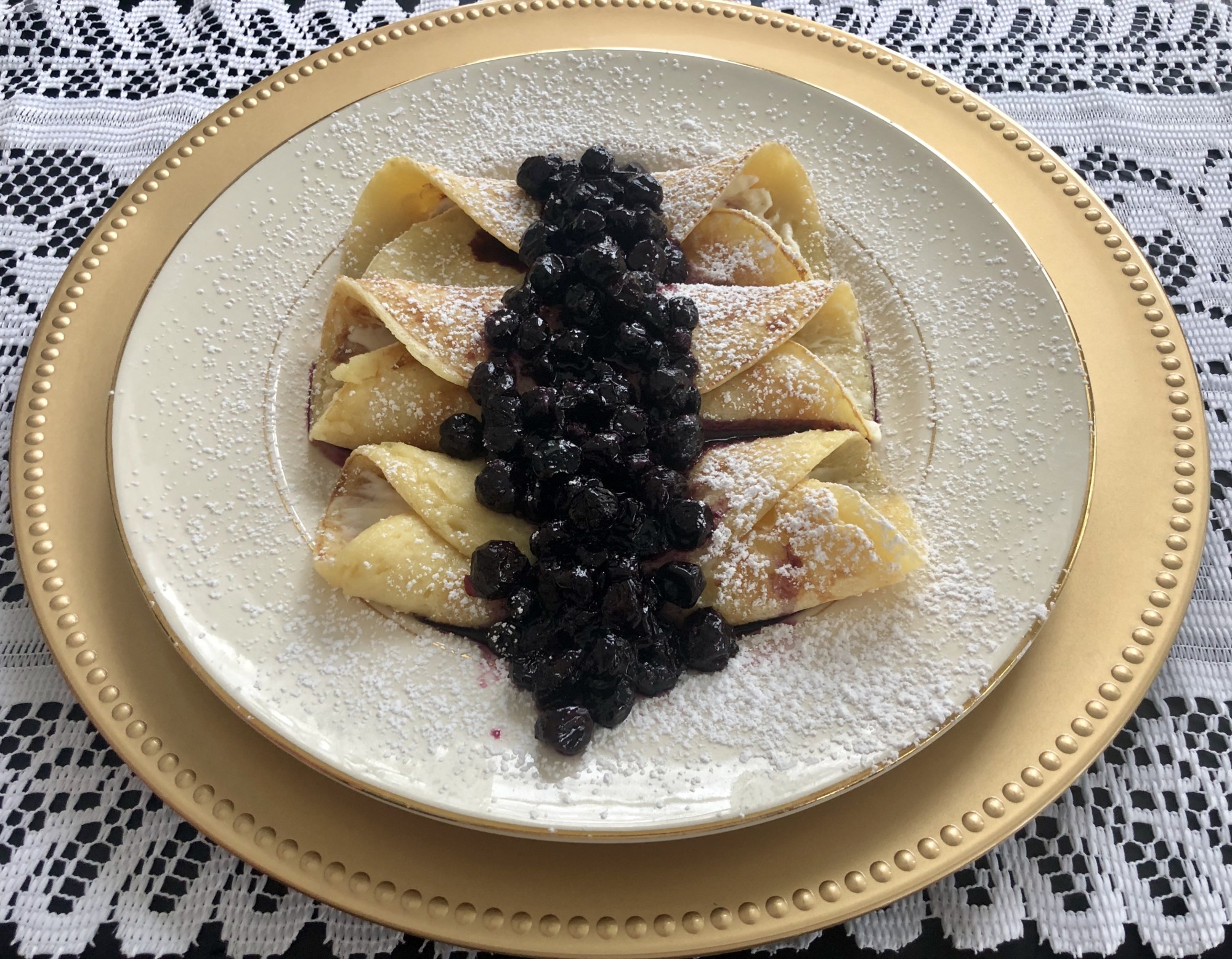A B&B Cook’s Dilemma
I (Robert) have been reading Pollan’s Omnivore’s Dilemma as might be guessed from the title and it is really shifting our (with Deb) thinking and planning about food. As a lifelong cook (well, at least since age 6 so that’s 60+ years) I enjoy making and eating most any kind of good, flavorful food. Growing up in the Cajun deep South, I love the food so rich and varied in tastes from African, Native American, French, Spanish, English and other cultures. Dishes needn’t be spicy but they must have a full, wonderful flavor. Of course, top quality, fresh ingredients are essential.
In the 1940’s and 50’s, when I was growing up near Lake Charles, LA, most food was, of necessity, grown fairly locally. This has changed so completely now that very little in grocery stores is even regional and much is grown on industrial-sized farms and feedlots. The situation is disturbing and calls for a change in how we choose and buy our food.
When Deb and I were preparing to be Innkeepers in 2006, we wanted to support local farmers and other neighbor businesses. We started by getting our organic eggs from Riley Crest (family) Farms 4 miles away and our guests love the superior quality. We also use only Eisentraut Farms maple syrup from their family farm and sugarbush just North of town. We also have two excellent permanent farm markets, Turner’s and King Berry, very close by. Our cheeses come from two nearby excellent cheese factories, Weyauwega Star Dairy (10 miles) and Union Star Dairy in Zittau (20 miles). Hey, this is Wisconsin (=cheese)!
We realize we can do very much better than this and are working to increase our support of local small farmers and bring this wonderful food to our guests. We are looking at our shopping as well as menus to see where we can make good changes and improve what we serve. While the food often has a higher purchase price, the benefits from freshness, quality, supporting farm families, care of the earth and reduced energy, chemical, antibiotic use more than compensate for the extra expense.
We are not purists and will continue to serve bananas and coffee, both organic as well as other products not grown locally or are out of season here. It will take more global warming than the worst prediction to grow coffee on our central Wisconsin land. Still, we can look for shifts from our routine choices to better ones.
Our call is to hospitality. This hospitality is to our guests and other people but to all of the earth, the wildlife, plants, air, water, soil. We are especially blessed here in Rural with an abundance of all these in pretty good shape. This is, in part, because others before us have been good stewards of these treasures so it is our responsibility to continue the care and apply new learning to our work.
I recommend Pollan’s book to all; very readable and NOT a strident “eat only wild roots and berries” point of view.
Be well and eat well!


